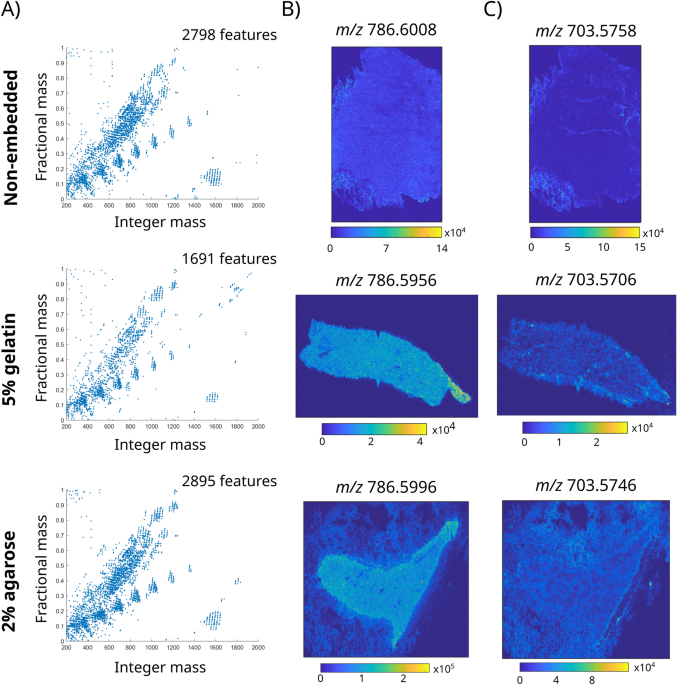
- Select a language for the TTS:
- UK English Female
- UK English Male
- US English Female
- US English Male
- Australian Female
- Australian Male
- Language selected: (auto detect) - EN
Play all audios:
SICK-LEAVE IS COSTING MORE AND MORE EACH YEAR, WITH AUTHORITIES KEEN TO REDUCE STRAIN ON HEALTHCARE BUDGET The number of days workers take off as official sick leave have skyrocketed in
France compared to previous years, with close to half of all workers absent for at least one day in 2023. Last year, 42% of workers took at least one day of non-holiday leave from their job
– 92% of these were related to sick-leave. The French state healthcare fund Caisse Nationale d'Assurance Maladie (Cnam) has called out the increasing cost of sick-leave requests as a
major strain on the healthcare budget. State payment of sick-leave reached €15.8 billion in 2023, and is forecast to cost over €17 billion in 2024. The Cnam announced major reforms to the
sick-leave system earlier this month, looking to cut-down on expenditure. Read more: French authorities announce major reform to workers’ sick pay rules Almost three-quarters of all
sick-leave requests last over one month. You can see more statistics in our data set below: HOW DOES SICK-LEAVE WORK IN FRANCE? Private-sector workers are eligible in France for sick-leave
pay provided they have a note from a doctor (usually a GP) confirming their sickness. Payments are generally made from the fourth day of illness, with the first three days going unpaid –
although in some areas, such as Alsace-Moselle, employer contributions are made from the first day due to local laws. Employers can also opt to pay out from the first day, or may be
required to due to collective bargaining agreements between them and employees. Workers receive 50% of their daily salary as sick-pay from the French healthcare system, up to a maximum
salary of €3,180.46 gross per month – therefore, daily payments from the state cannot go over €52.28. In comparison, the minimum amount of statutory sick-pay in the UK is £116.75 per week,
paid out fully by employers (although this amount can rise due to internal sick-pay schemes). However, people in France who have worked at the same company for more than a year have their
sick-leave topped up by their employer, up to 90% of their overall wage for the first 30 days of leave, then 60% for the next 30 days. Longevity at a company increases the amount of time
this 90% top-up is applied, up to a maximum of three months (then a further three months at 60% of their usual salary). Collective bargaining agreements between worker representatives and
employers may extend the length and amount of pay received, and in some areas, this reaches up to 100%. Sick leave from the state is paid out every 14 days, and you cannot receive more than
360 days of sick pay from the state in a consecutive three-year period, unless you suffer from a defined long-term illness. Those suffering from a long-term illness can see sick pay last
longer. For civil servants and other public sector workers, rules are different, with some workers (depending on their sector and seniority) paid out from the third-day of illness (after 48
hours). They also receive their full salary for the first three months of sick-leave, followed by partial remuneration for the following nine months. Read more: How do French healthcare
costs change for long-term illnesses?








